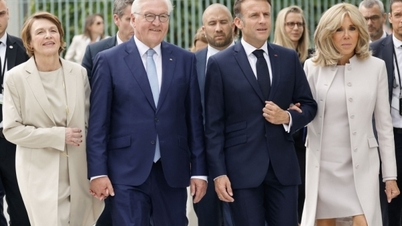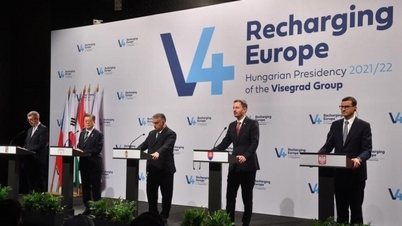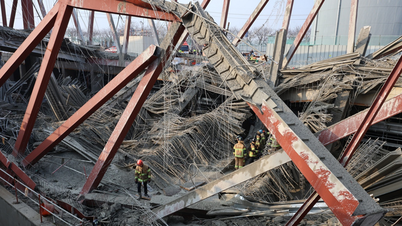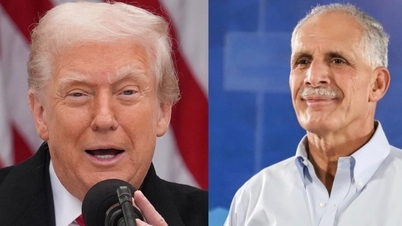Enlargement has become one of the most pressing issues for the European Union (EU), with a formal announcement on opening accession talks with Ukraine expected in December.
The enormous cost of the expansion has been revealed ahead of the meeting of 51 European leaders within the framework of the European Political Community (EPC), which will take place on October 6th in Granada, Spain. This will be the third meeting of the EPC, following the conference in Moldova in June of this year and the conference in the Czech Republic last October.
According to an internal European Council memo accessed by the media, expanding the EU to include nine new countries, including Ukraine, would cost existing member states more than 256 billion euros.
The document, first reported by the Financial Times (UK) on October 4th, is the first official outline of what future expansion of the EU budget might mean.
The memo outlines opportunities, such as a larger internal market and greater political influence on the global stage. But it also warns of “significant challenges” on issues ranging from the budget and the number of seats in the European Parliament to the future of common agricultural policy and the bloc’s decision-making capacity.
Future expansion means that all current EU members “will have to contribute more and receive less” from the EU budget. This means that many countries currently enjoying net financial benefits will become net contributors.

A residential area in the city of Pokrovsk, Donetsk region, damaged by missile attacks, August 8, 2023. According to estimates by the World Bank, the cost of rebuilding Ukraine will be around 400 billion euros. Photo: El Pais
The memo estimates that the EU budget would increase by 21% to €1.47 trillion if Ukraine, Moldova, Georgia, and the Western Balkan countries all joined. This would involve a significant increase in contributions from Germany, France, and the Netherlands, with transitional periods necessary to scale up funding.
According to the Financial Times, Ukraine – the largest of the nine countries accepted as potential candidates – would receive 186 billion euros over the EU's seven-year budget cycle if Kyiv became a member. This amount is in addition to estimates of Ukraine's reconstruction costs, which the World Bank estimates at around 400 billion euros.
The memo doesn't go so far as to calculate the costs for each individual European country, but focuses on the expected impact on EU agricultural policy and cohesion funds. When it comes to EU agricultural subsidies, Ukraine would be the main beneficiary, receiving 96.5 billion euros over seven years.
Regarding cohesion funding – which provides financing for infrastructure in less developed member states – following EU expansion, countries such as the Czech Republic, Estonia, Lithuania, Slovenia, Cyprus, and Malta will no longer be eligible for this funding.
However, all these calculations are merely extrapolations based on existing budget rules, but it is undeniable that changes to the EU budget are “certainly necessary and have far-reaching effects” .
Minh Duc (According to Politico EU, The Guardian)
Source





![[Photo] Closing Ceremony of the 10th Session of the 15th National Assembly](/_next/image?url=https%3A%2F%2Fvphoto.vietnam.vn%2Fthumb%2F1200x675%2Fvietnam%2Fresource%2FIMAGE%2F2025%2F12%2F11%2F1765448959967_image-1437-jpg.webp&w=3840&q=75)

![[Photo] Prime Minister Pham Minh Chinh holds a phone call with the CEO of Russia's Rosatom Corporation.](/_next/image?url=https%3A%2F%2Fvphoto.vietnam.vn%2Fthumb%2F1200x675%2Fvietnam%2Fresource%2FIMAGE%2F2025%2F12%2F11%2F1765464552365_dsc-5295-jpg.webp&w=3840&q=75)














































![[OFFICIAL] MISA GROUP ANNOUNCES ITS PIONEERING BRAND POSITIONING IN BUILDING AGENTIC AI FOR BUSINESSES, HOUSEHOLDS, AND THE GOVERNMENT](https://vphoto.vietnam.vn/thumb/402x226/vietnam/resource/IMAGE/2025/12/11/1765444754256_agentic-ai_postfb-scaled.png)























































Comment (0)